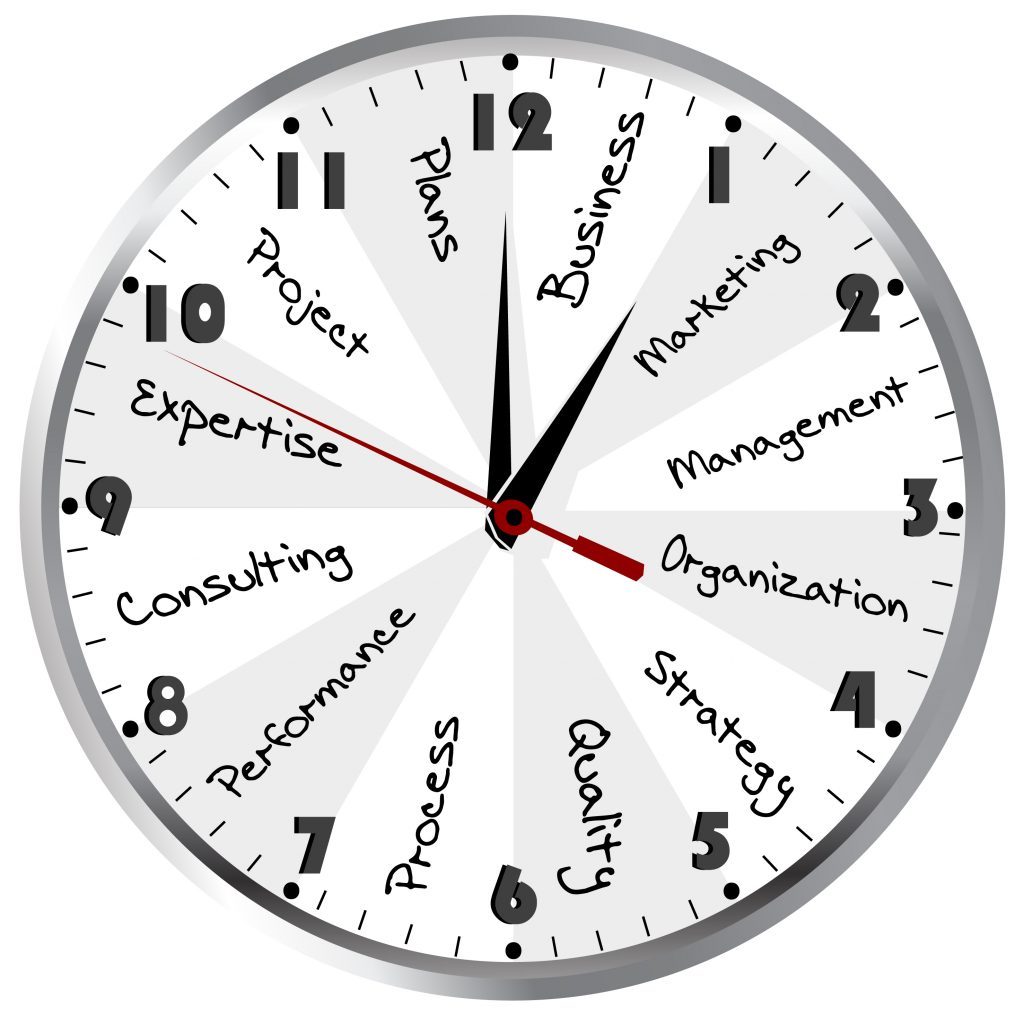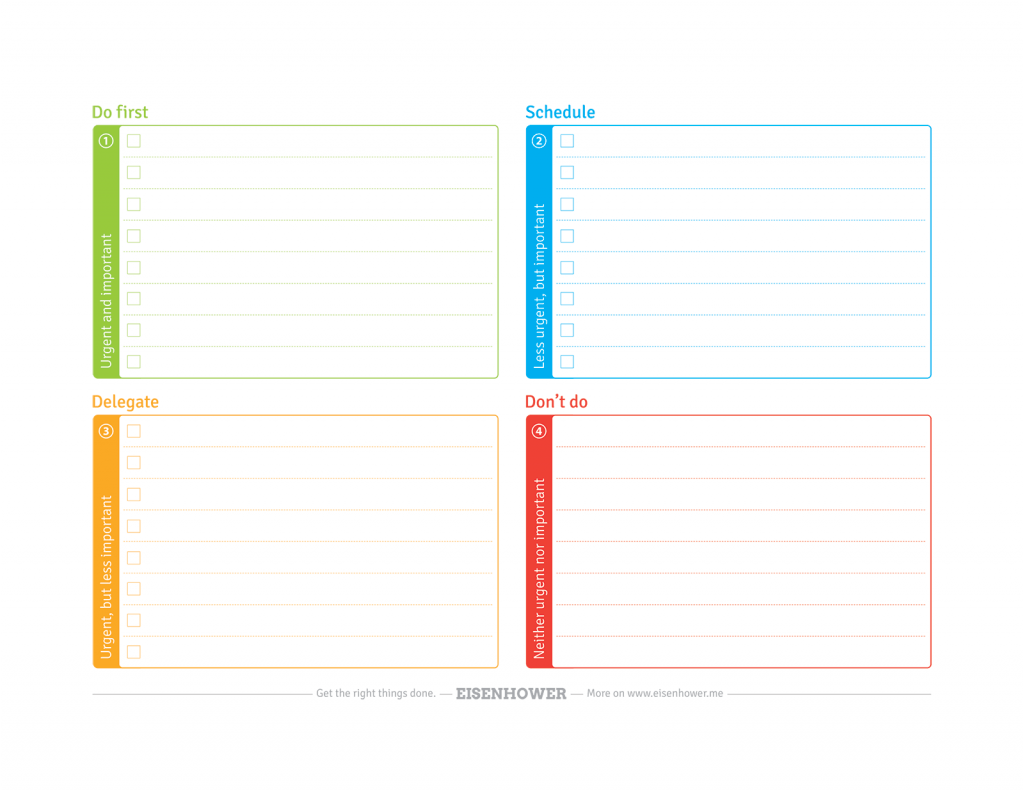
By Brooke B. Sellas, {grow} Contributing Columnist
Even though “planning fallacy” sounds like a ten-dollar SAT word that doesn’t affect you, I bet it does.
When it comes to time management, most of us are caught in the trap of our own planning fallacy; which is what psychologists call our tendency to underestimate how long it will take to realistically complete a task.
As marketers, we’re juggling a myriad of challenges … social media marketing, content marketing, influencer marketing, paid advertising, PR, and on and on and on.
If you’ve had to move deadlines or say sorry for being late (again), I’ve got a few deliberate tactics and tools for better time management.
The Three Planning Fallacy Hold-Ups
There are three main reasons we’re constantly getting crushed by our own planning fallacy.
- We constantly fail to use our past experiences when planning.
- Optimism bias makes us think our deadlines will occur under best-case scenarios.
- Lastly, when planning, we tend to think “big picture” versus the actual step-by-step actions it will take to get something done.
For instance, when you think about your work commute, you’re often picturing the 15-mile drive down the highway to your office. But you aren’t thinking about how you still have to find the keys, get in the car, deal with slow school buses, or maneuver around traffic.
Optimism bias tells you that near-empty tank is enough for your short drive — but when you don’t factor in those slow buses or dead-stop traffic, it’s not!
For better time management and on-time deadlines, you need more deliberate planning. And probably a few tools!
Planning Around The Planning Fallacy
On back-to-back meeting days, I’m persistently 2-5 minutes late for meetings. Why? The planning fallacy.
- Not using the past: I know from past experiences that back-to-back meetings make me late if even one meeting runs over, yet I plan these days time and time again.
- Being overly optimistic: I’m always assuming clients will be on time, stick to our allotted time or respect “hard stops.” As I’m sure you know, that’s not always the case!
- Not thinking the details through: Even with agendas for meetings, if I’m not acutely aware of the details surrounding topics, I underestimate how long they’ll take to discuss.
For better time management, think about the above hold-ups like this:
- When planning your project, use the timeline of a past project (even if all hell broke loose — this is normal, remember?!).
- Similarly, think about all of the things that could go wrong and include dealing with those issues in your project planning.
- Write out a step-by-step timeline for your client or yourself to ensure you’re capturing every last detail.
Helpful hint: clients LOVE step-by-step timelines, so we often include them in our scope of work and proposal.
5 Time Management Tools To Get Back On Track
Here are a few tools that can seriously help with planning fallacy:
- The Bullet Journal (or rapid logging). If you haven’t heard of this you’ve been living under a rock! There’s also a companion app for your journal if you’re a die-hard techie.
- GanttProject: This is a free tool that allows you to create Gantt charts and road maps.
- The 1-3-5 Rule: Focus on 1 BIG thing, 3 medium things, and 5 little things every day. The Daily Muse even has a handy dandy PDF you can use.
- Pomodoro Technique. This is super simple: devote 25 minutes of your undivided attention on important tasks. Here’s a free timer.
- Use the Eisenhower Matrix. This easy chart will help you decide what’s really important and what’s not.

Don’t Let Poor Planning Get The Best Of You
We’re all busy. We all work hard. Let’s not get into who works harder or who is “allowed” to be late or miss deadlines because of poor planning.
No one should be late or miss deadlines … if they plan properly.
Fully understanding your limitations and how the planning fallacy can get in the way of thinking it’s all going to work out are great places to start.
Next, find a tool that suits your working style and create a process that keeps you true to your time management.
How do you ensure you’re not a victim of the planning fallacy or that your time management is on point? I’d love to know! Let me know in the comments section below.
 Brooke B. Sellas is an in-the-trenches digital marketer & Owner at B Squared Media, blossoming blogger, and a purveyor of psychographics. Her mantra is “Think Conversation, Not Campaign” so be sure to give her a shout on Twitter.
Brooke B. Sellas is an in-the-trenches digital marketer & Owner at B Squared Media, blossoming blogger, and a purveyor of psychographics. Her mantra is “Think Conversation, Not Campaign” so be sure to give her a shout on Twitter.
The post Beware The Planning Fallacy (And Other Time Management Tips) appeared first on Schaefer Marketing Solutions: We Help Businesses {grow}.
from {grow} http://feeds.feedblitz.com/~/419567524/0/markgrow~Beware-The-Planning-Fallacy-And-Other-Time-Management-Tips/
No comments:
Post a Comment